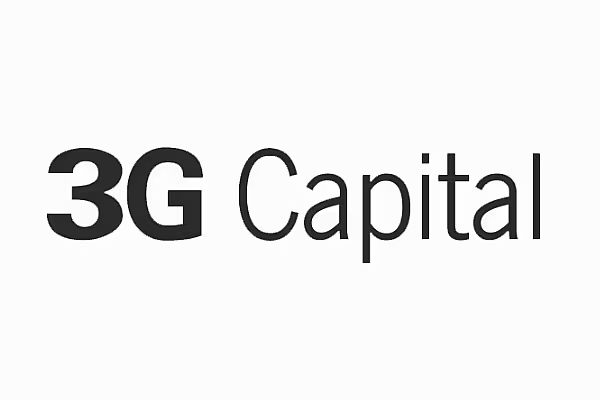Here's a snack investors can nibble on to get through Election Day: 3G Capital, the Brazilian investment firm that merged food giants Kraft and Heinz last year with help from Warren Buffett, is now seeking to raise at least $5 billion for a new acquisition fund.
On a day of modest gains for most U.S. stocks against a backdrop of political uncertainty, takeover speculation is lifting shares of packaged-food companies Mondelez International Inc., Kellogg Co., General Mills Inc. and Campbell Soup Co. Any one of them could be 3G's next target (though some more feasible than others) because what it's primarily looking for is fat to trim. And by 3G standards, those businesses have plenty:
Before 3G came along with its cost-slashing manual, ketchup market leader H.J. Heinz and macaroni-and-cheese maker Kraft Foods had operating margins typically in the 15 percent to 18 percent range. Now the combined entity, Kraft Heinz Co., boasts a margin of around 23 percent -- the best in its peer group.
Its strategy is catching on at other food giants desperate to boost profit with little help from their stagnant top lines. As I wrote back in March, Bill Ackman-backed Mondelez, valued at $71 billion, says it's focused on transforming into a "lean executional machine" through so-called zero-based budgeting. The more it does in that sense, the less upside that leaves for 3G.
If 3G is looking to merge another food company into Kraft Heinz, Mondelez's portfolio of snacks, which include Oreos and Ritz crackers, isn't quite as obvious a fit as, say, General Mills. Kraft Heinz and General Mills both make what I call, for lack of more eloquent terminology, plate-or-bowl items -- basically, meals or parts of meals. Kraft Heinz has Stove Top stuffing, salad dressings and other condiments. And aside from cereal, General Mills owns brands such as Annie's and Progresso. Furthermore, Mondelez could still have its heart set on buying Hershey Co.
Kellogg is still largely cereal and breakfast foods, one of the least attractive areas of the food industry right now. Then again, it certainly has room for margin improvement.
The same goes for growth-starved Campbell Soup, but it may be the least likely target for the simple reason that descendants of the chemist who invented condensed soup still own a large portion of the stock and serve on its board. In fact, some have argued that Kellogg, which is in need of diversification, could roll up companies that still have family ties like Campbell Soup and are probably less inclined to sell to a buyout firm whose modus operandi is slashing costs.
For now, billionaire Jorge Paulo Lemann and his 3G team are leaving investors guessing. But if food is what 3G's after, then General Mills or Kellogg have to be at the top of the shopping list.
This column does not necessarily reflect the opinion of Bloomberg LP and its owners.
News by Bloomberg, edited by ESM. To subscribe to ESM: The European Supermarket Magazine, click here.














